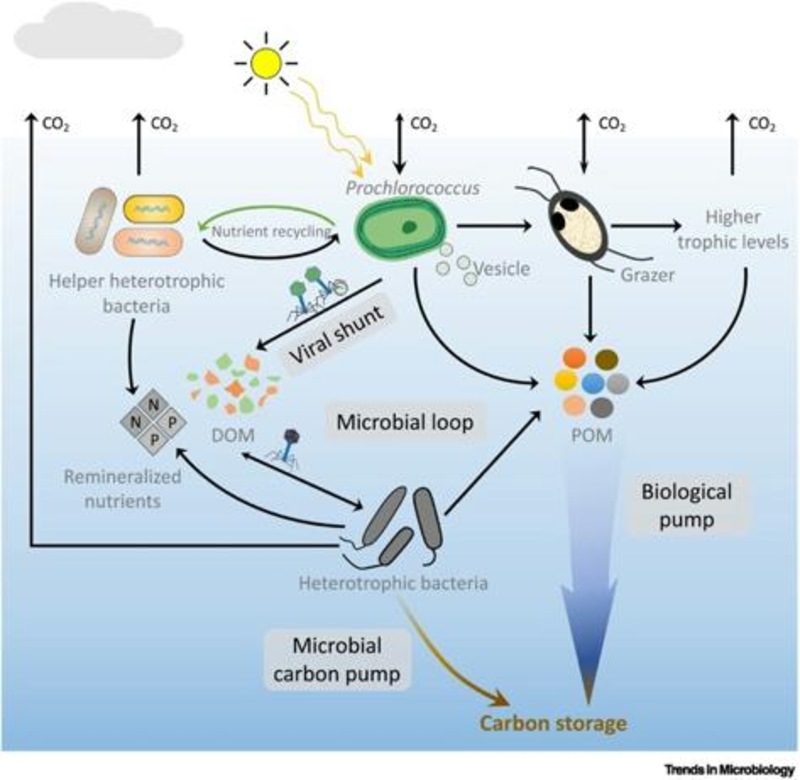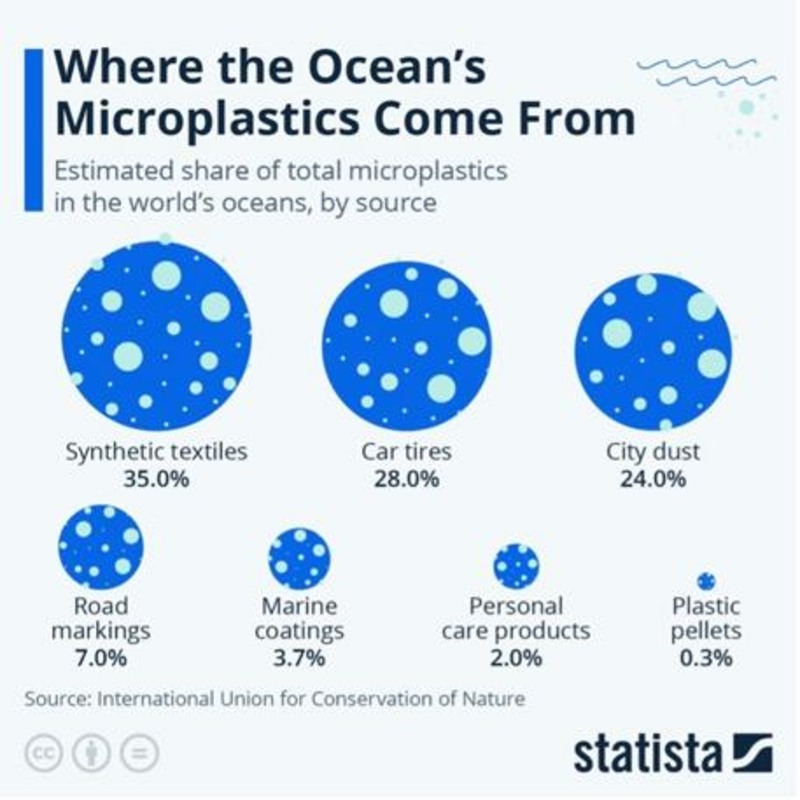BEST Presenting Free Environmental Lecture
BEST is getting set to present a free lecture by Rachel Parsons on the topic of ‘Microbial Oceanography, Microbiomes, and Microplastics’ at Bermuda College on October 31.
A spokesperson said, “The community is invited to attend this free lecture on Thursday, October 31 to learn about the fascinating role of microbiomes, the first forms of life on the planet, and how they continue to play a vital role in the wellbeing of the oceans and their occupants.
“Rachel Parsons, a Microbial Oceanographer at BIOS, will explain the fascinating world of microbiomes and the important work taking place at BIOS. Within the marine environment, microbes perform essential biogeochemical processes. Marine microbes are ubiquitous.
“They are found on the surfaces of particles, the floating seaweed, Sargassum and even on marine microplastics. Microbes, invisible to the human eye, include bacteria, viruses, archaea, protist and fungi, all performing vital ecological functions, from recycling organic matter to carbon sequestration.
“The Microbial Ecology Laboratory at the Bermuda Institute of Ocean Sciences is currently investigating the Sargassum microbiome and how ocean microbes respond to Sargassum dissolved organic matter. Since microplastics are entangled within Sargassum floats, we are also investigating the microbial biofilm formation on these microplastics from an ecological and human health perspective.
“While microplastics are a hot topic, less is known about marine nanoplastics. These are plastics smaller than 20µm. The lab has been focusing on developing a microscopy method for studying suspended nanoplastics in the Sargasso Sea.
The oceanic biological pump and microbial loop:
“Things individuals can do to help mitigate/improve the given situation:
- Read up on marine microbes and coral seas: https://amzn.eu/d/bvXJli5
- Support the creation of the Sargasso Sea marine sanctuary.
- http://www.sargassoseacommission.org/storage/documents/Sargasso.Report.9.12.pdf
- Consider signing the open letter: https://action.greenpeace.org.uk/sargasso-open-letter
- Consider using Sargassum as fertilizer [removing any fauna and microplastic first].
- Reduce your plastic footprint.
- Avoid synthetic clothing -nylon, polyester and acrylic.
- Reuse bags and drinking containers.
- Avoid plastic cutlery and take out containers.
“This lecture is free and no registration is required. The presentation is followed by a lively Q&A, so bring your questions.”
Amy Harvey, the Earth and Environmental Science senior lecturer at the Bermuda College, said, “Microplastics are not only causing environmental issues but major health concerns as well. Research has shown that humans have two credit cards worth of microplastics in their bodies with two thirds being inert and the other third not inert.
“This means that the microplastics may have harmful chemicals that are bioaccumulating in our cells as well as biomagnifying in our bodies. Microplastics are everywhere and are a major problem in our ocean ecosystem. They are now a vehicle for microbes which attach themselves to microplastics making their way through the water column.
“We look forward to hearing more about the research carried out by Rachel Parsons who studies microbes on microplastics that are potentially becoming immune to antibiotics. We need to be really cognizant of our plastic consumption and look to alternative products. One of the biggest contributors of microplastics to the ocean ecosystems is synthetic textiles.
“There are products out their made from seaweed that have minimal impact on our environment. Top designers like Stella McCartney are using this new material. It is time to make change. Come and join us for this important presentation followed by a lively discussion.”
Jennifer Flood, BEST Executive Officer, said, “The first known written records of microscopic life go back as far as 37BC but little regard was paid to this throughout the following centuries when in the 1670’s, Antonie van Leeuwenhoek constructed a single lens microscope and made the invisible world visible.
“It still took many decades and much discussion for scientists to understand the variety and ubiquity of microscopic life. Most of these microbes were considered to be harmful to humans. Today, the vast improvement in microscopes and computerization enable scientists to delve more deeply into the role of microbes in the environment.
“Bermuda is fortunate to have BIOS where oceanographic research of global consequence is undertaken by dedicated scientists, such as Rachel Parsons, into how this all affects these microbes and microplastics interact and affect the sea around us and therefore life on earth. I very much look forward to her presentation on this fascinating topic.”
The sources of ocean microplastics:
The spokesperson said, “Join us for this informative presentation on Thursday, October 31 from 1:00pm to 2:00pm, either in person at The Bermuda College, Athene Room H100 or join us online on Facebook
or YouTube.
“Light refreshments will be provided on a first come, first served basis. Please bring your own beverage.”
Read More About
Category: All, Environment





Interesting. I wonder if people know about all the little critters and what they swim in when they enter the ocean. And in the end, Mother Nature wins and eats everything.